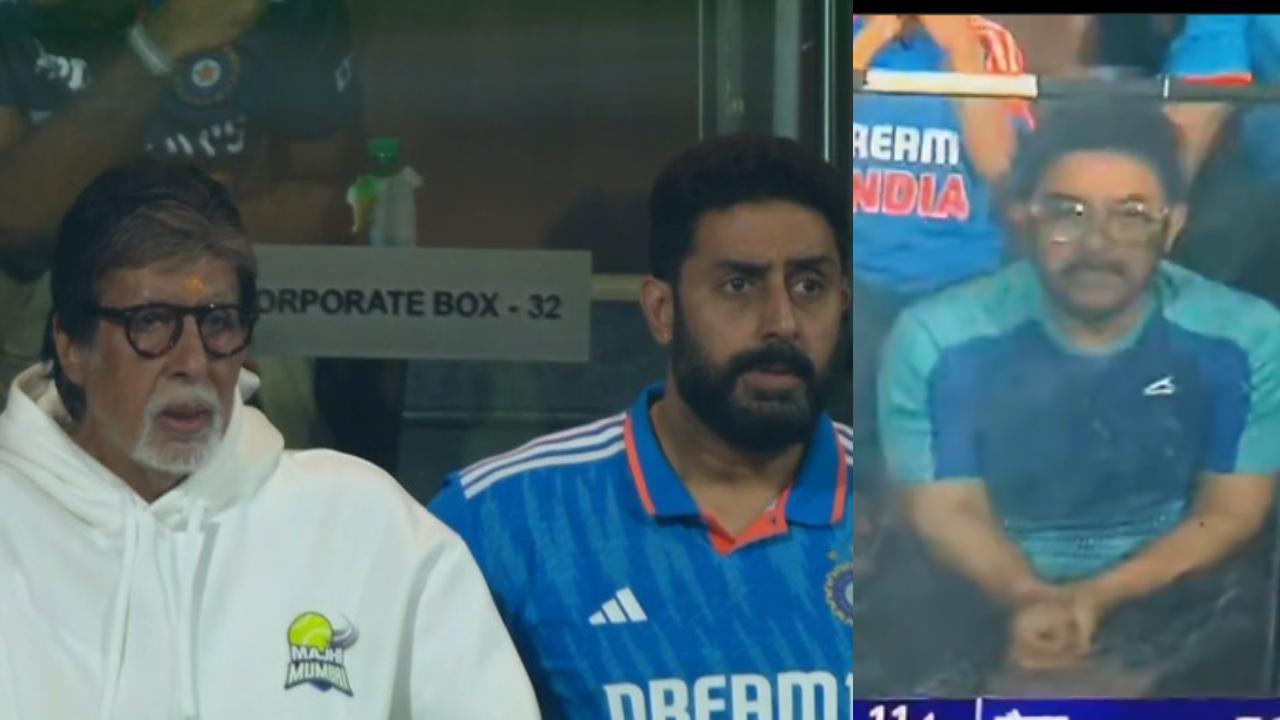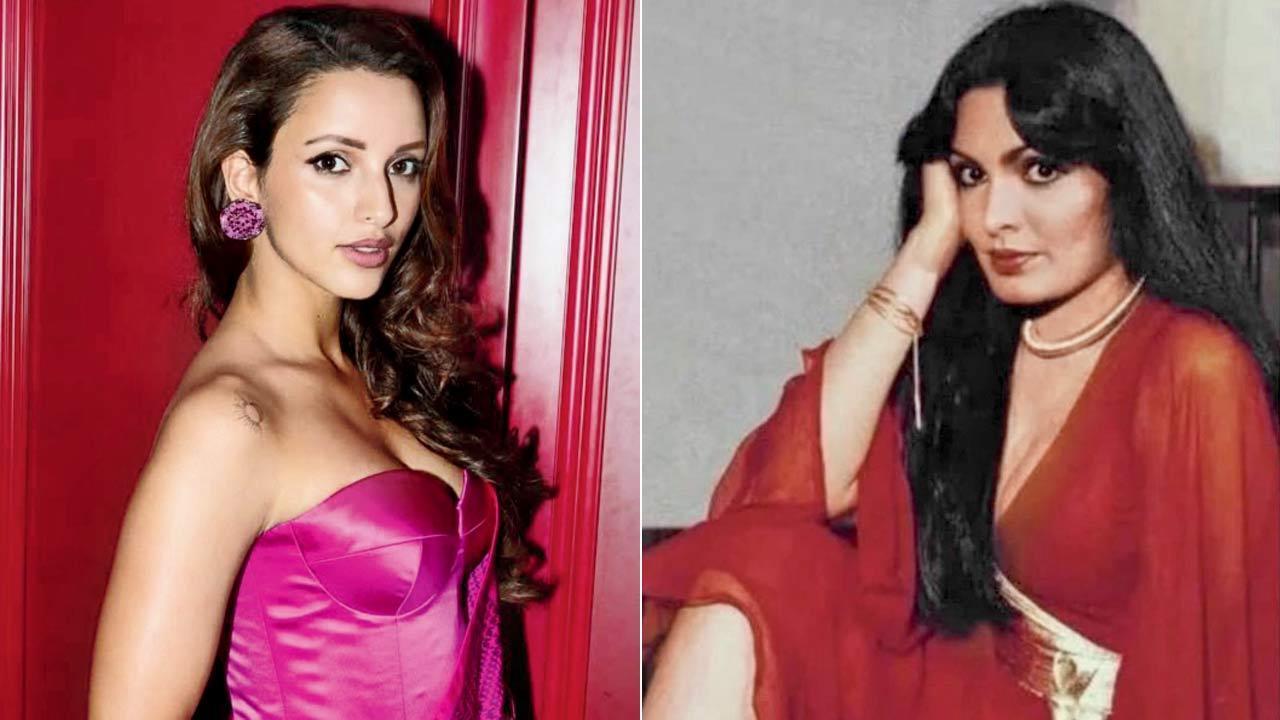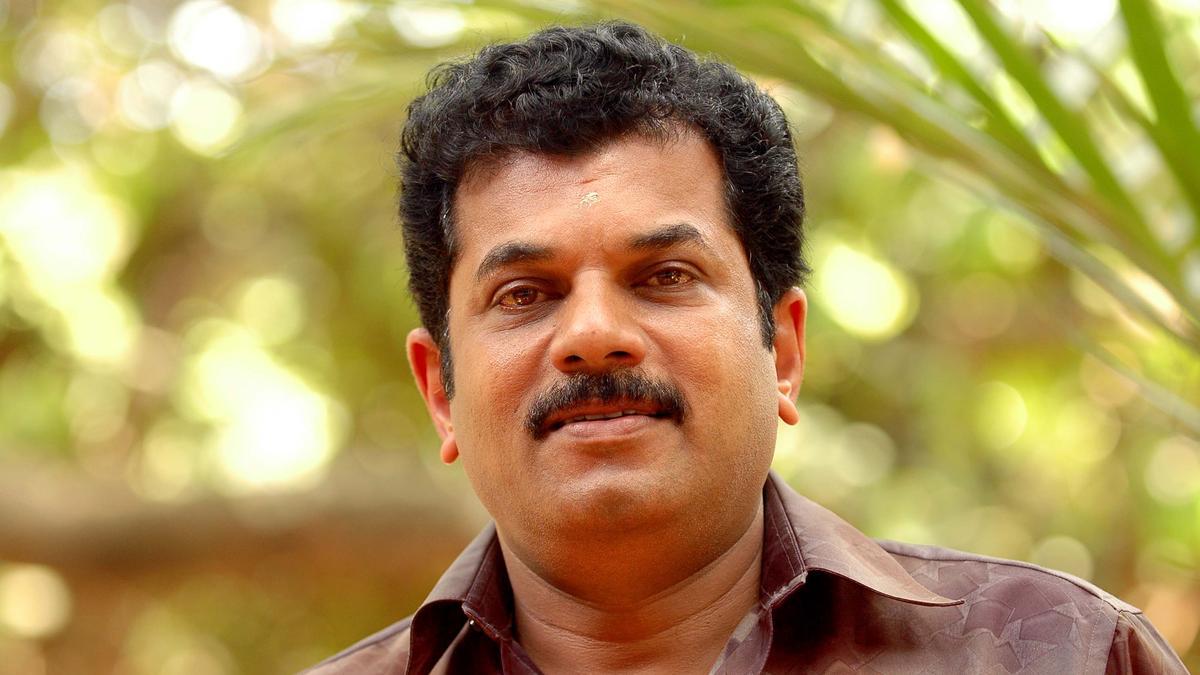
Cinema has the power to immortalize moments and faces, transforming artists into icons. Considered a pathbreaker in many aspects, veteran actress Sharmila Tagore recently reflected on one such iconic yet contentious piece of her storied past—the daring swimsuit appearance that sent waves of both adulation and scandal across the conservative landscape of 1960s India.
Appearing on the popular chat show ‘Koffee With Karan’, the 79-year-old actress dove into this defining moment of her career alongside her son, actor Saif Ali Khan. Discussions on this episode of the show’s 8th season brought to the forefront the realities of groundbreaking artistry in a time of traditional societal norms. Karan Johar, the show’s host, lauded her for being a “huge megastar” and breaking new ground with her “famous bikini shot.” Sharmila Tagore, with a chuckle, recounted the behind-the-scenes anxiety that surrounded the shoot, revealing how unlike today’s norms, her actions were viewed with critical eyes, spotlighting the early iterations of what is now known as trolling.
Her stellar career is punctuated with bold choices, but the bikini photoshoot for ‘Filmfare’ magazine still remains a standout. It symbolized a departure from the era’s expectations of Indian actresses to embody modesty at all times. The photoshoot was enveloped in a cloud of controversy, with Sharmila sharing that even the photographer was apprehensive about its implications. Saif, imbuing the conversation with a touch of personal history, remarked on his schoolmates’ reactions and expressed pride in her mother’s decision.
The world might have been in a state of shock at her choice, but Tagore’s true support system came from her then-husband, the celebrated cricketer Mansoor Ali Khan Pataudi. Sharmila Tagore narrates how in the tornado of criticism that blasted her way, the comforting words of her late husband stood as a stronghold, reassuring her amidst the turbulence. She recollects how ‘Tiger’ Pataudi, with simple affirmation, provided her with the fortitude to withstand the storm.
Notably, the reaction to her decision wasn’t just restricted to industry insiders or the media, but permeated to the corridors of power, with Tagore mentioning that the issue was raised in the Parliament. Undoubtedly, a reflection of the times and the weight celebrities’ actions carried in societal discourse. Yet, this did not dissuade her, as she learned and adapted, steering towards roles like the one in ‘Aradhana’, which propelled her to new heights of fame—a film she fondly compares to the modern blockbuster ‘RRR’, given its massive success during her time.
Karan Johar, versed in the ways of modern celebrity culture, drew parallels between the response Sharmila faced then and the nature of online trolling today. Sharmila Tagore’s experience, in essence, mirrors the scrutiny public figures endure under the relentless spotlight of media and public opinion, proving that while the platforms may change, the essence of public judgment remains a constant companion to those in the limelight.
As her conversation with Karan unfolded, it became lucid that Sharmila Tagore’s tale is less about the controversy and more about the resilience, pioneering spirit, and the enduring support systems that even icons rely on. It is a narrative that serves to inspire and a candid reminder that the path to change is often mired in critique before it is lined with accolades.










